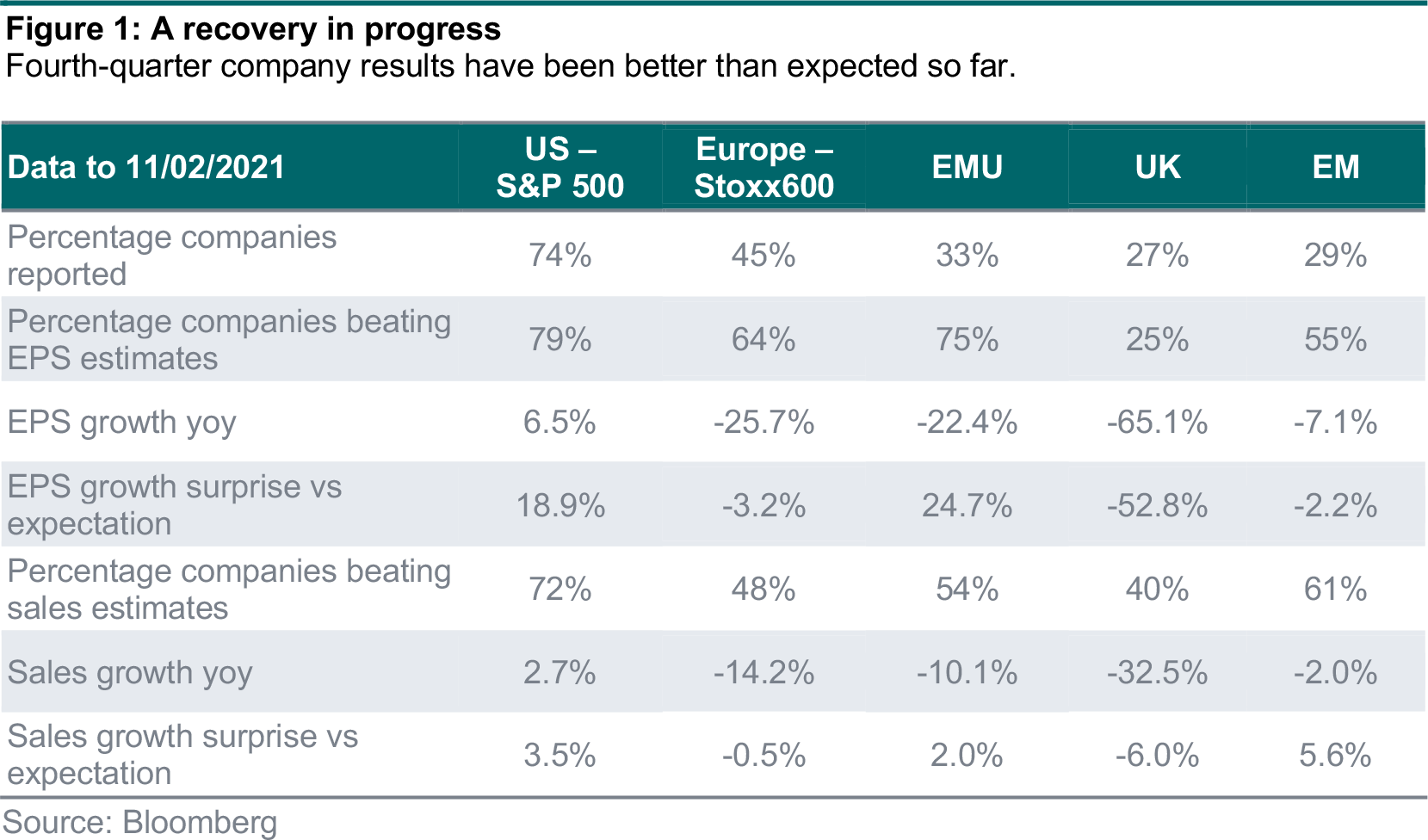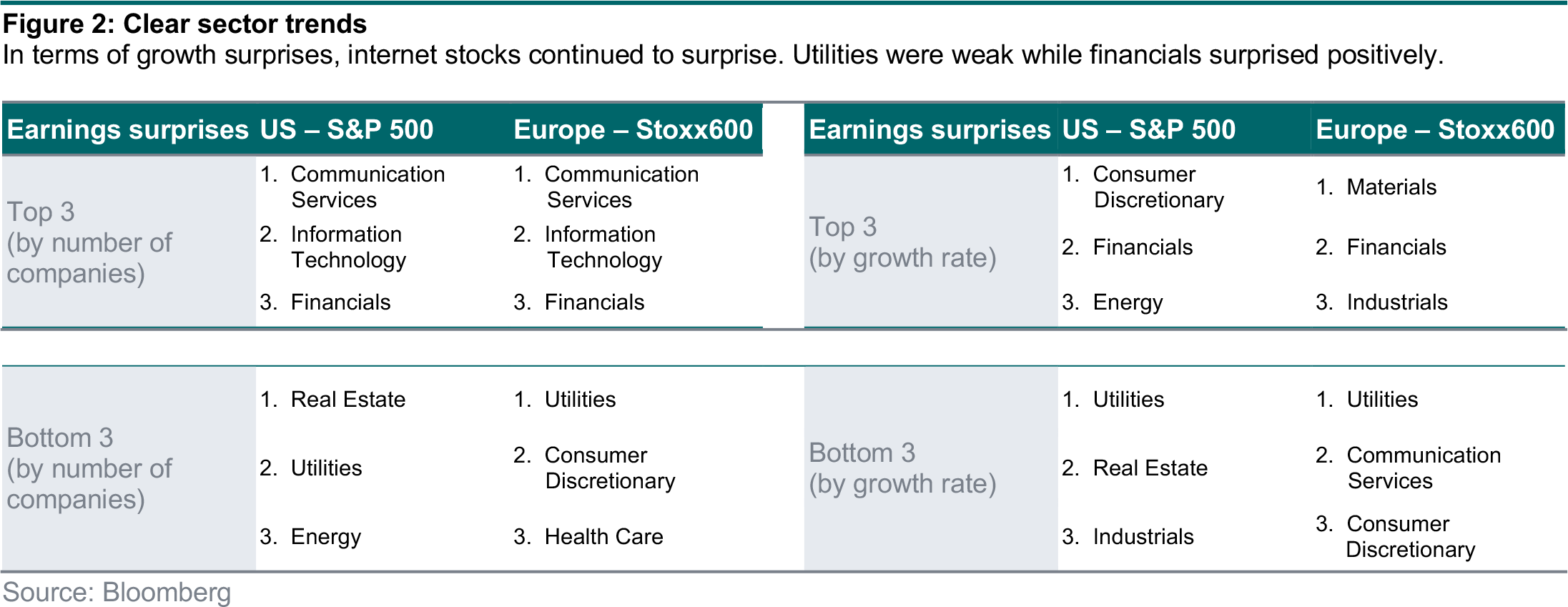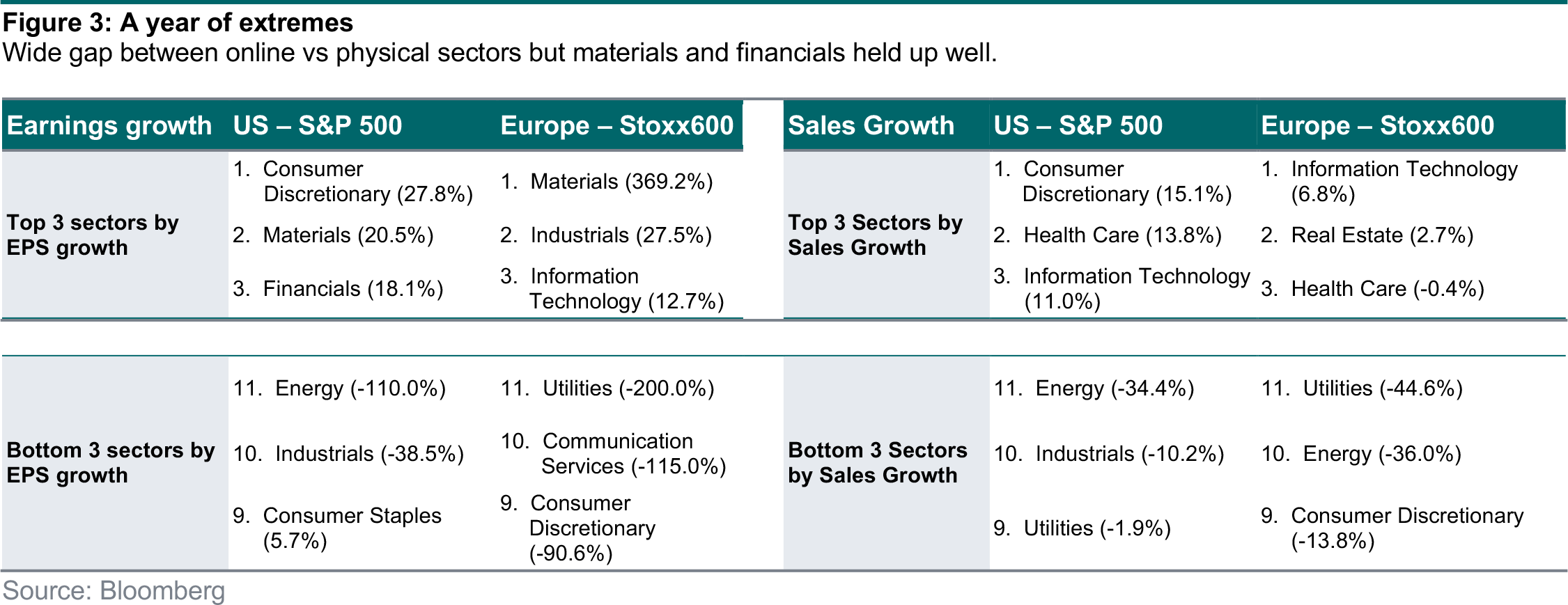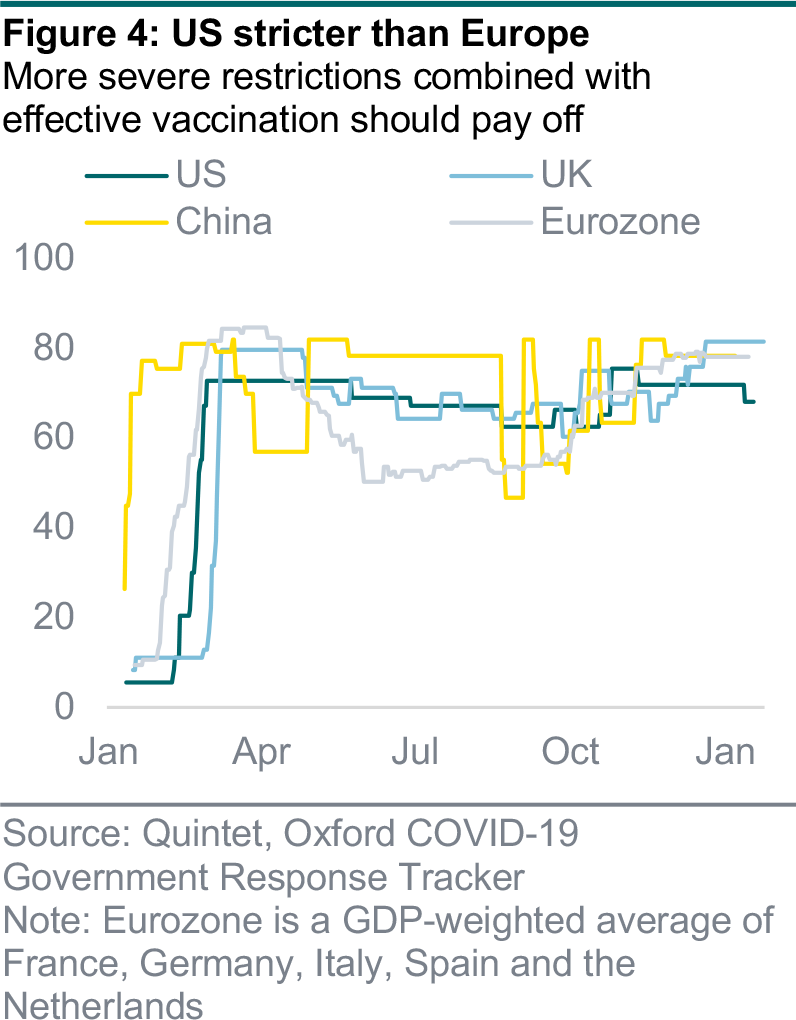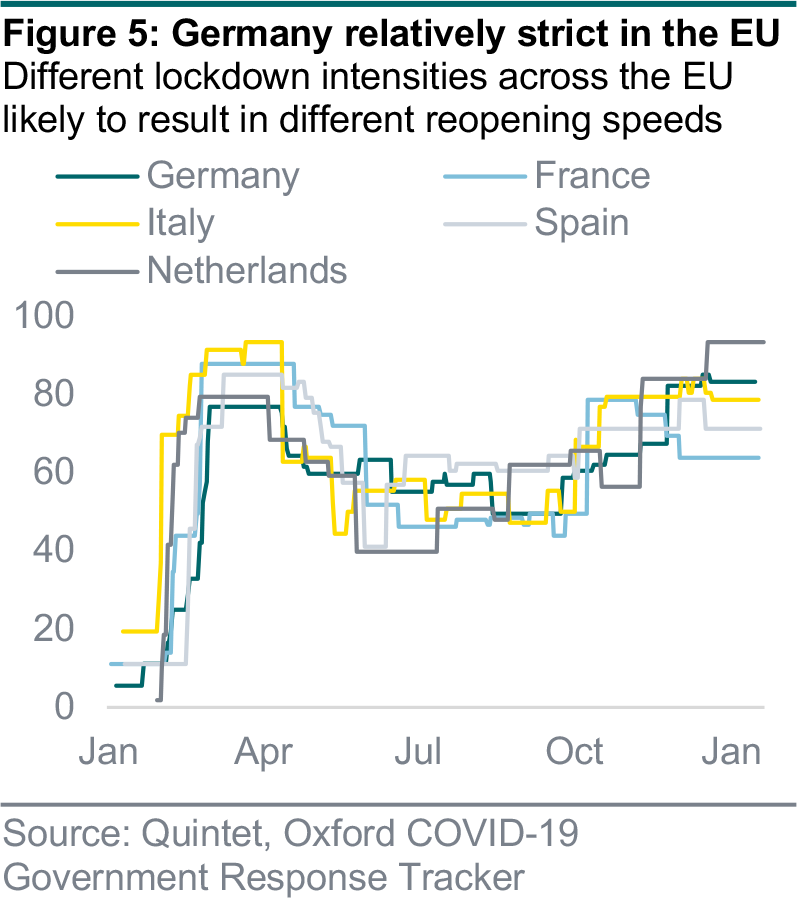-
Quintet Group
Choose your location
- EN
- Contact Us
Choose your location
Menu
-
What we do
Passing on WealthBy thinking about legacy planning now, you can make sure your wealth is passed on to the people and causes close to your heart.

-
Insights
- Insights
- All insights
- Markets and investing
- ESG and Sustainable investing
- Wealth Planning
- Beyond markets
Counterpoint July 2024: Europe revisitedA bit like the unpredictable weather we’ve had over the past few weeks, politics has been a rollercoaster.
-
Sustainability
- Sustainability
- Why sustainability matters
- Embracing sustainability in our practices
- Active Ownership
- Our journey towards corporate sustainability
2023 Corporate Sustainability ReportDiscover how we put environmental, social and governance matters at the heart of our business.
-
About us
Quintet celebrates 75 years in Luxembourg!
Quintet Private Bank, headquartered in Luxembourg and operating across Europe and the UK, marked the 75th anniversary of its founding in the Grand Duchy.

-
Careers




